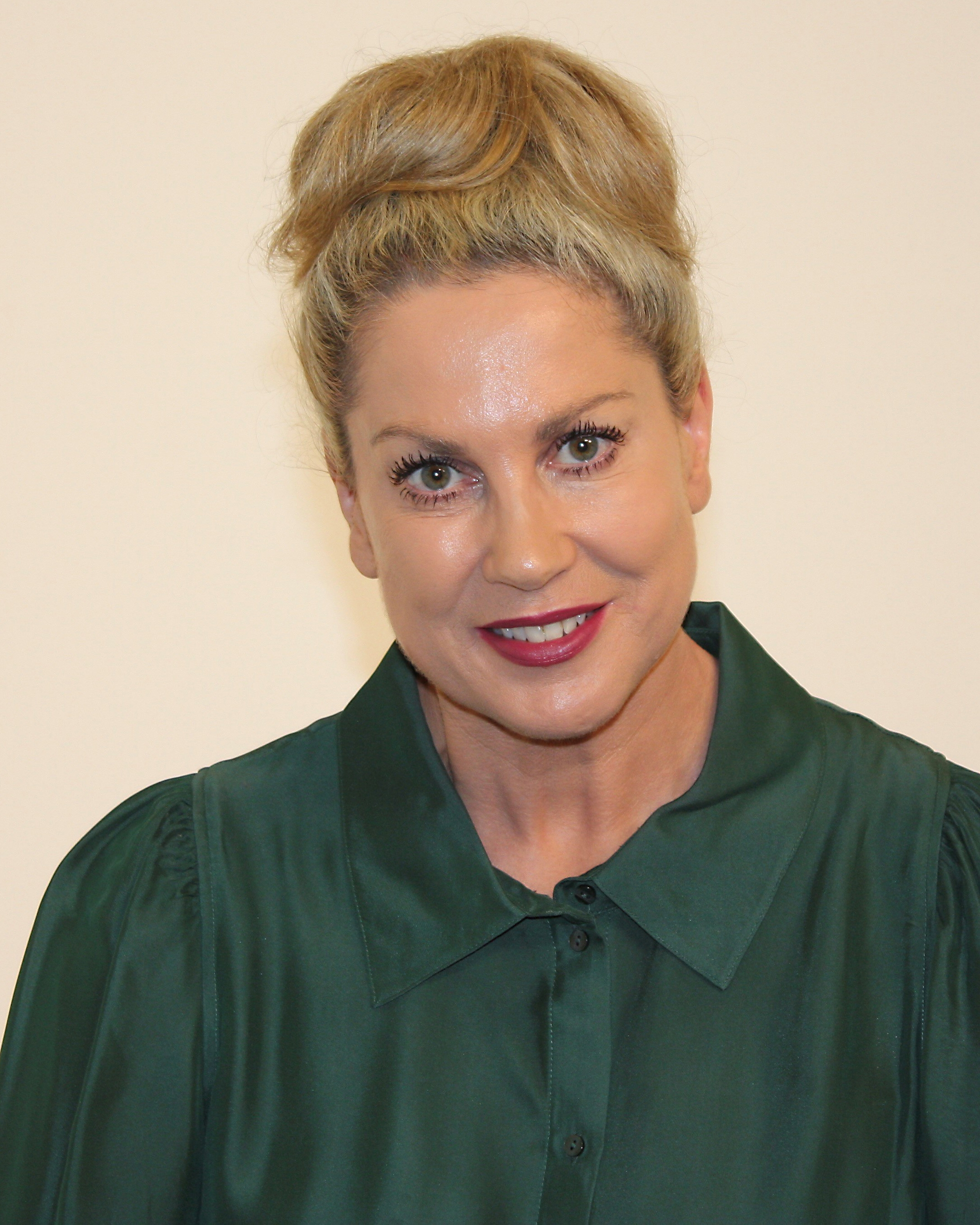Author: Dr Virginia Munro

The future evolution of corporate social responsibility (CSR) for small and large organisations and corporations is crucial, as we continue to navigate a world with escalating climate catastrophes and associated wicked problems and challenges.
With public trust already shifted away from governments to businesses (Edelman, 2021) and societal leadership now considered the core function of business (Edelman, 2022), we must ensure that corporate leaders of tomorrow have the skills to solve society's social and environmental challenges.
It's well publicised now that future leaders need to look beyond profit only based scenarios. In doing so they must ensure that businesses expand their social and environmental initiatives and adopt models and frameworks such as Shared Value (Porter & Kramer, 2011), Integrated Value (Visser & Kymal, 2015), and Transformed Value (Munro, 2020a). As I have set out in previous opinion pieces, the equilibrium of profit and common good (also discussed by García-Sánchez and García-Sánchez, 2020), will be the single most important strategy for planet survival. These approaches provide a pathway toward this type of equilibrium, but more needs to be done.
To assist in fully adopting this type of equilibrium, I developed the strategy of Creating Transformed Value (CTV). It is only through strong leadership and adoption of a top-down bottom-up approach (Munro, 2020a) that deep transformation can occur. CTV also involves embracing innovation, inclusion, collaboration, cocreation, and engagement, in a shared, integrated, and deeply transformed networked system. This system's-oriented approach needs to be sustainable, Global Goal (SDG)-related, agile, and authentic with a circular social and environmental mission at its core. However, it is nothing unless its impact is measured correctly. This level of transition requires not only genuine input at all levels of society – it also requires leaders to have a genuine desire toward making change possible for all stakeholders – including the environment as a stakeholder.
To be successful, business schools need to ensure that their students are graduating with the skills required to lead departments and organisations through these multi-layered collaborations.
Toward this objective, a section in my book (Munro, 2020b) discusses 'Inclusive and Responsible Leadership toward 2045'. It discusses the need for 'bold action' to 'accelerate business contribution', as referred to in the UNGC-Accenture Report (2019). These can be summarised as three key calls to action:
- Starting local with your strategy
- Changing the way businesses collaborate (engaging honesty with a non-competitive approach); and
- Defining responsible leadership: to pinpoint what is needed for this generation of leaders. In the concluding chapter of my book (Munro, 2020b), I discuss this further and the overall need for systems change and how to achieve it.
This generation of leaders will also need to:
- Identify engaging social initiatives and social projects with surrounding communities that can be scaled up, shared and integrated
- Bring innovation and agile working into the heart of the business to solve wicked challenges
- Ensure inclusive and cross-generational collaborative CSR
- Ensure their business has purpose that truly includes physical and mental well-being in the communities where they operate and reside
- Change to a systems orientation – that is an entire top-down bottom-up systems approach, where executives collaborate with all employees and entrepreneurs to change the entire operating system of the company including throughout the organisation, its community and its supply chains – truly deep transformation
- Ensure full implementation of the 17 UN SDGs, or a selection of these that is truly meaningful, and be able to measure success against these in an authentic way
- Create change in society through solutions to wicked challenges that are circular social missions with environmental loops – ensuring these missions are central to the way that organisations do business
I believe that this deep transformation will take responsibility to the next level required to usher in Globalisation 4.0 in a post Covid and/or ongoing Covid world, where innovation, partnering and measurement must be key themes (See The future of social responsibility in a changing world).
For this to happen, we need to see the rapid development of a new set of skills adopted by our future leaders.
About the author
Dr Virginia Munro is a Course Writer & Researcher for Special Projects at Griffith University, Australia. Her latest book is CSR for Purpose, Shared Value and Deep Transformation: The New Responsibility. She comes from both an academic research background and corporate in-house practical experience approach. She works on CSR social initiatives and shared value alongside stakeholder engagement to solve wicked problems, while adopting an interdisciplinary approach driven by impact and measurement, and significant experience in the field for both emerging economies, and developed and developing countries.
References:
Edelman (2021), 2021 Edelman Trust Barometer
